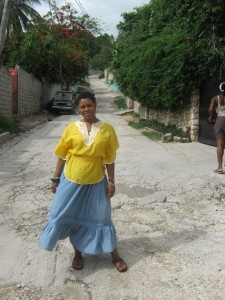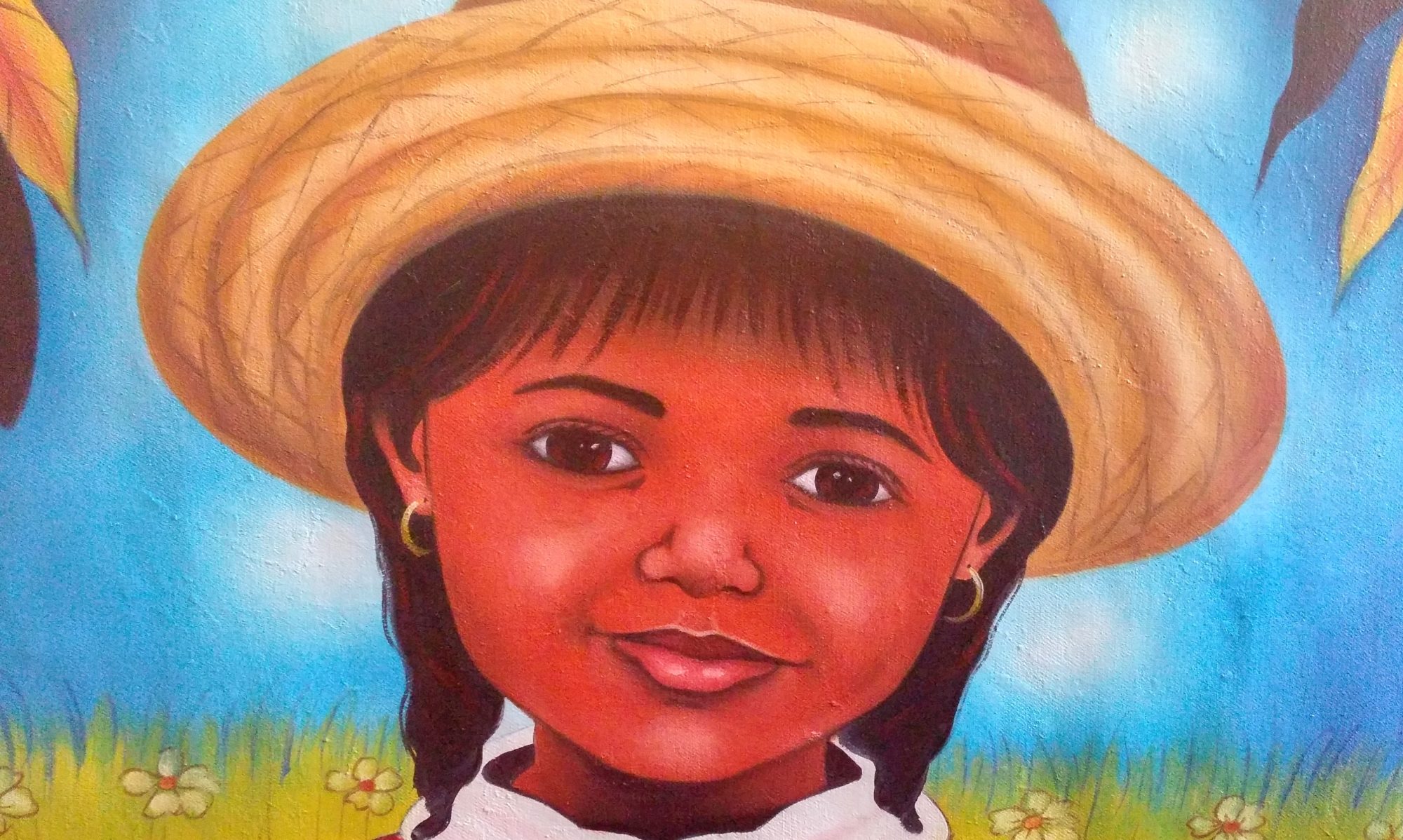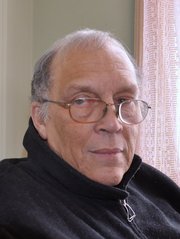
Meet Ibi Aanu Zoboi. She was born in Port-au-Prince as Pascale Philantrope. She is a talented Haitian author whose pen faces the future. “I want to see Haitian Sci-Fi,” Ibi says. “We need new narratives.”
Her story, “Earthseed” appears in the Caribbean Writer’s 25th Anniversary mega issue: Ayiti/Haiti. Earlier this year, Ibi’s showed her ‘noir’ side in the Danticat-edited Haiti Noir.
The anthology received a lot of attention from readers and critics. “The Harem”—Ibi’s well-received contribution—is set during the devastating earthquake that struck Haiti January 12, 2010. Her story follows an unapologetic philanderer who must choose which of his lovers to save as the city collapses into mounds of rubble.
In this VoicesfromHaiti InnerView, Ibi Aanu Zoboi shares the inspiration behind “The Harem.” Other works by Ibi can be found on the web, in literary journals, and anthologies, including the award-winning Dark Matter: Reading the Bones. She is a recipient of a grant in literature and writing from the Brooklyn Arts Council for the Daughters of Anacaona Writing Project, a program for Haitian teen girls. Ibi lives in Brooklyn, New York.
Ibi’s InnerView in English In Haitian Creole
Happy Reading,
Katia D. Ulysse





